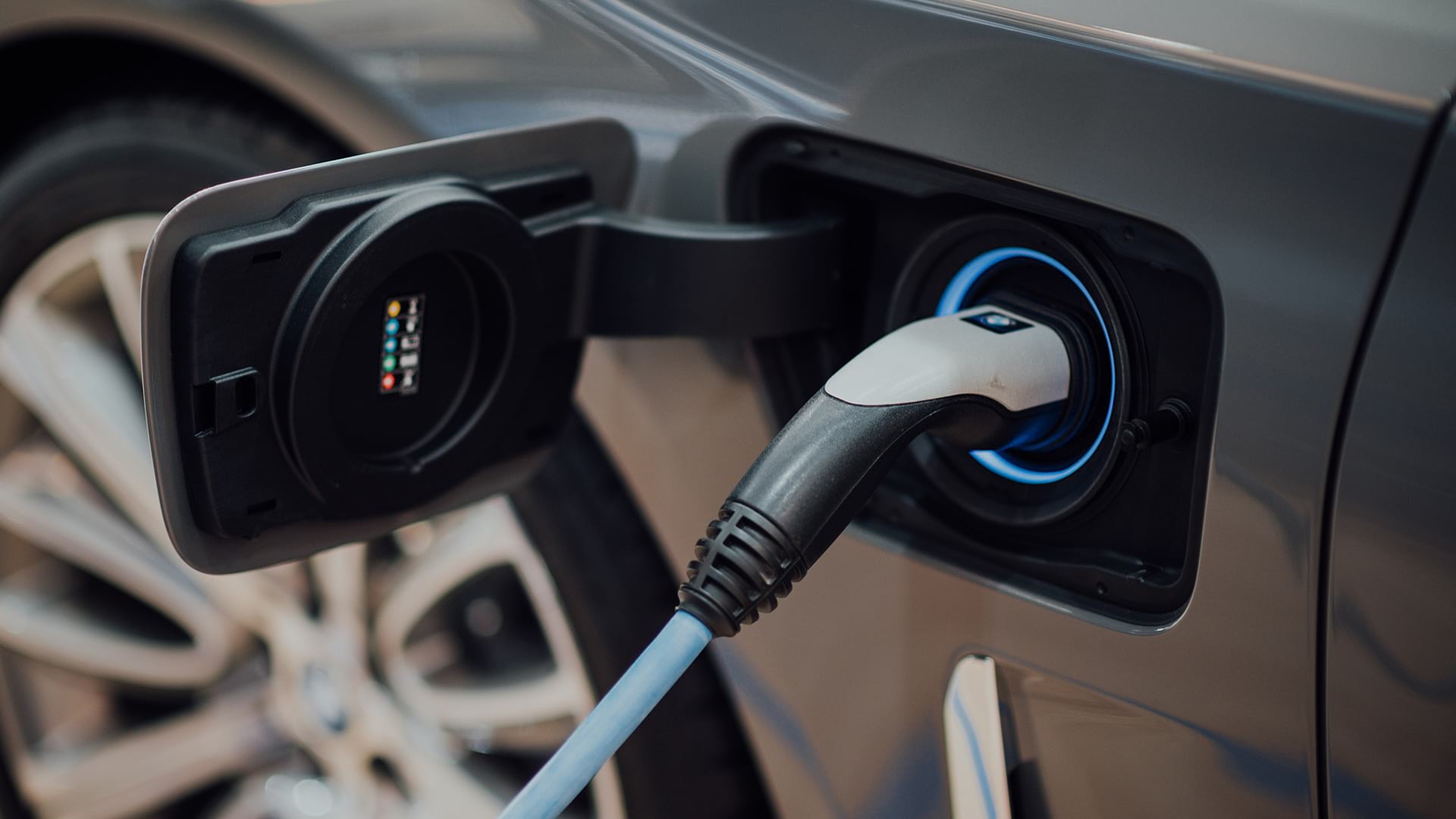Choosing a new car has always been a tough decision. Now it’s even harder. Especially if you’re deciding between a traditional gas-powered vehicle or an electric vehicle. As gas prices continue to soar, electric cars seem more enticing than ever. Having trouble deciding? Here are some pros and cons to help you make an informed decision before purchasing your next family car or business fleet vehicle.
PROS
- No Gas – The biggest benefit of electric cars is obvious – you no longer need gas. This factor is a big deal. The average American spends between $2,000 and $4,000 on gas every year. And, today’s pump prices are the highest we’ve seen since 2014. With fully electric vehicles, such as the Nissan Leaf, this cost is eliminated – though electricity isn’t free. A plug-in hybrid, or PHEV, eliminates a portion of your gas bill, as well, but it still uses a gasoline engine as a range extender.
- Low Maintenance – Beyond fuel-savings benefits, EVs low maintenance offers another major cost savings. Since electric cars are fully electric, they do not require oil to lubricate their engine. Thus, making oil changes a thing of the past. The same is true for a lot of other expensive engine work that often afflicts gas-powered vehicles. Brakes won’t wear as quickly, so you don’t need to replace pads as often as you do on gas-powered cars. Electric vehicles also receive substantial savings since the federal government mandated EV manufacturers to offer a minimum 8-year/100,000-mile warranty on EV batteries. Some manufacturers offer even more protection with lifetime battery warranty on Hyundai Kona EV. Hyundai also pays their maintenance cost for the first three years or 36,000 miles of their electric and gas-powered vehicles.
- Tax Credits and Incentives – Electric cars aren’t only less costly in terms of maintenance, they come with federal tax credits. Most new EVs are eligible for up to a $7,500 federal tax credit. Ameren Missouri is currently offer electric vehicle incentives for all Ameren Missouri business customers. As an Ameren Missouri Trade Ally, Branham Electric will gladly provide Ameren business customers more information concerning Ameren Missouri’s Electric Vehicle Incentive Program. We do the work. You secure the tax credits and incentives.
- Reducing Your Carbon Footprint – Of course, the other major benefit of owning an electric vehicle is reducing your carbon footprint. For many drivers, just knowing you’re doing your part to save the planet is reason enough to leap into an EV.
CONS
- Range – The main hurdle of electrical car ownership concerns range and the anxiety resulting from running out of juice when you’re nowhere near a charging station. However, as battery technology improves, so will range. According to reports, Toyota plans to unveil a solid-state battery with a 600-mile range any day. Until then, it’s nice to know that public charging stations are being more prevalent with several actually being located close to your home and work. Tesla cars have some of the longest driving ranges of any of today’s production electric vehicles on the market. The 2021 Tesla Model S offers an estimated EPA range of up to 3887 miles, and their forthcoming Model S sedans claim even higher numbers.
- EV Charging Station Installation at Home – Some see another big disadvantage as needing to install an EV charging station at home. However, home charging is becoming more popular with a variety of charging station models and prices available. Convenience is driving the market. Public charging stations are also becoming more prevalent in major cities. Stations are available at work, in retail locations and in many new multi-family and hotel developments.
- Costly Battery Replacement – As illustrated in our PRO section, EV ownership eliminates many maintenance hassles, but it can also lead to big expenses. These are mostly due to the batteries in modern electric vehicles. Today’s electric car batter life is expected to be around a decade. Replacing battery packs is generally costly. Most estimates put them well into the thousands of dollars.
- Electricity Still Cost Money – Lastly, EV ownership doesn’t eliminate fuel cost. As mentioned previously, electricity isn’t free – and charging during peak hours can add to your utility bills. As of this writing, American consumers pay an average of 13 cents per kilowatt-hour for residential power. California residents pay more than 21 cent per kWh and Missouri resident pay about 10 cents per kWh.
While it may be difficult to decide between electric vehicles and gas-powered models, we hope this explanation of PROS and CONS helps make your choice a little easier. Branham Electric is a St. Louis area leader in providing electrical vehicle charging stations for both home and business. Call us today (636) 926-2001 to learn more.

